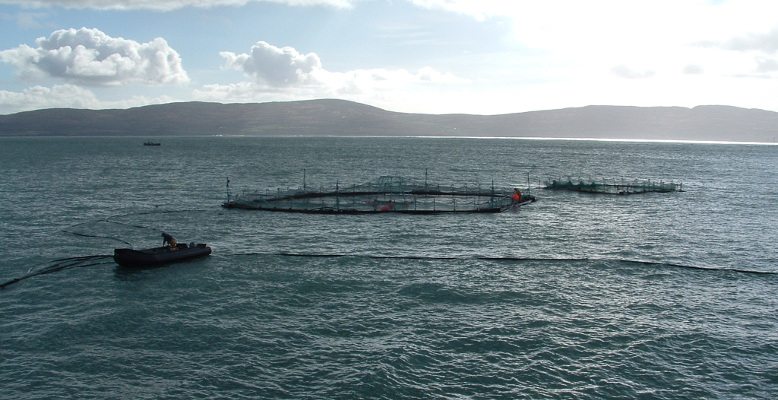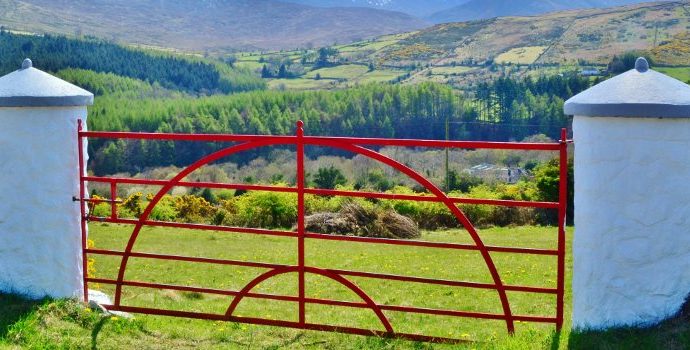Marine Resources Vital to Economic Recovery

At the “Nutramara” conference organised by Teagasc in Dublin today (Wed), IFA Aquaculture Executive Richie Flynn called on the Government to vigorously and sustainably maximise the seafood, energy and wild fish resources of the national marine territory of 220 million acres for the sake of the economy and coastal communities.
Mr Flynn congratulated the conference organisers for the wide range of marine related topics discussed and said that research, regulation and monitoring must reflect the huge interest now evident worldwide in marine food by reducing red tape and costs to producers, particularly in the shellfish and finfish farming sectors.
He said, “With a 2,700 km coastline and some of the best places in the world to farm seafood, Ireland should be looking at the full spectrum of potential marine production. If we are to seriously contribute to addressing the massive deficit in seafood in the EU – where over 60% of our fish has to be imported from Asia and south America – we must have a joined-up policy of promoting the development of our aquaculture sector. More production should be encouraged through an efficient and transparent licencing system and the benefits of farmed seafood vigorously promoted by Bord Bia and BIM.”
“Scientific research and ongoing monitoring is vital for the sustainability of the industry and that is provided by state organisations such as the SFPA, the Marine Institute and BIM. What we do not need, however, is a situation where public organisations, regulators and police outnumber the people actually working in the industry. The focus must be on creating jobs, exports and reducing costs.”
Mr Flynn told delegates that Ireland was the first country to develop off-shore salmon farming and had proven success in high quality shellfish which was in demand internationally. “The most frustrating aspect of our business is that, in the same week as the largest international seafood event is on in Brussels, Irish fish and shellfish farmers have to turn business away because despite our high reputation, we have low production due to the ongoing problems with licencing.”




